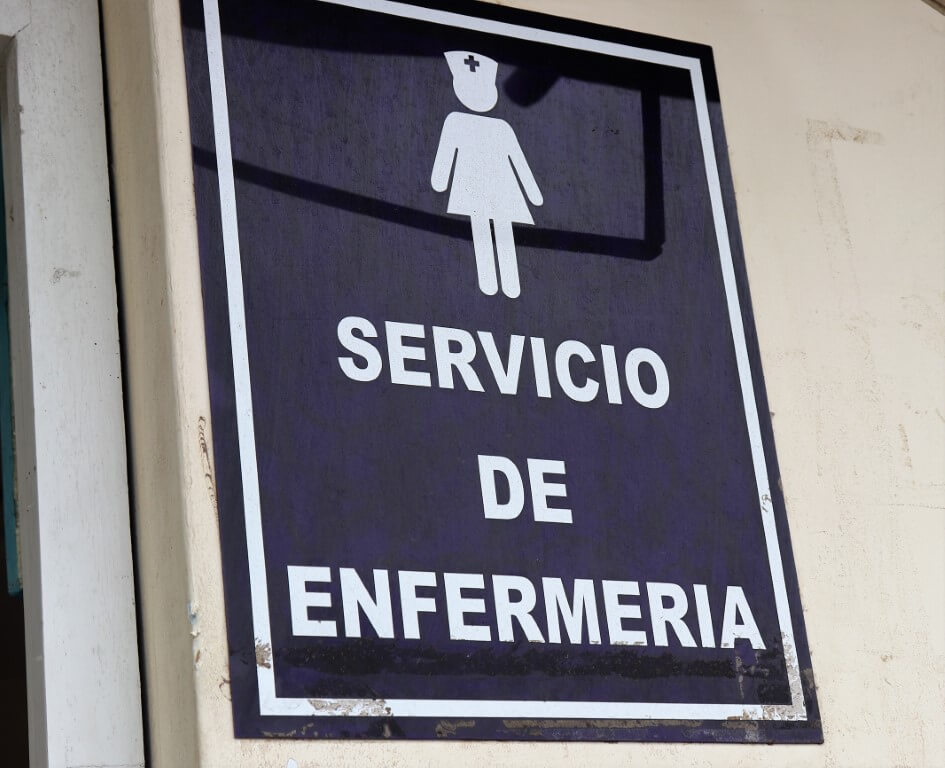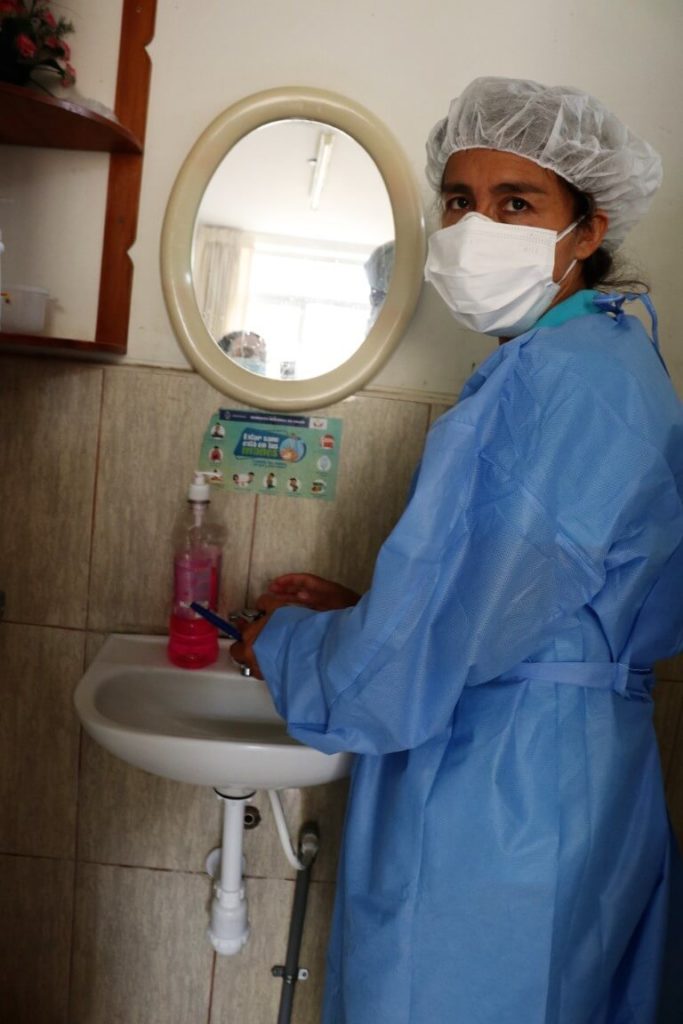"Partnerships are important and if they have a goal of well-being and development they are much more powerful, they allow us to strengthen the skills of the sector for the benefit of development. I am Juan Carlos Quispe Dávila, Chief Physician of the Reque health center and Manager of the Micronetwork Reque – Gaps, and I have something to say"
Upon taking office there were many needs and one of them was the lack of water. We had a water network installed, but in poor condition and inoperative. We had to use water tanks to supply ourselves and buckets to wash our hands. This is unheard of in the 21st century! That a health facility lacks water is very difficult to understand. This situation generates discomfort for the internal user and much more for the external user in the midst of the COVID-19 pandemic. Let's keep in mind that hand washing is a barrier to avoid infections!
It is there where the alliance developed by the health sector, the municipality and the NGO Water For People becomes important. Thanks to this, our water facilities and the comfort of health personnel and patients have greatly improved. Many colleagues who are returning after the pandemic are surprised to see this great change. We are really happy because now we can count on something as basic as WATER, which we lacked for a long time.
Our commitment is to strengthen training for health center users on correct hand washing and teach them to value water, much more vital to avoid infections in times of pandemic.
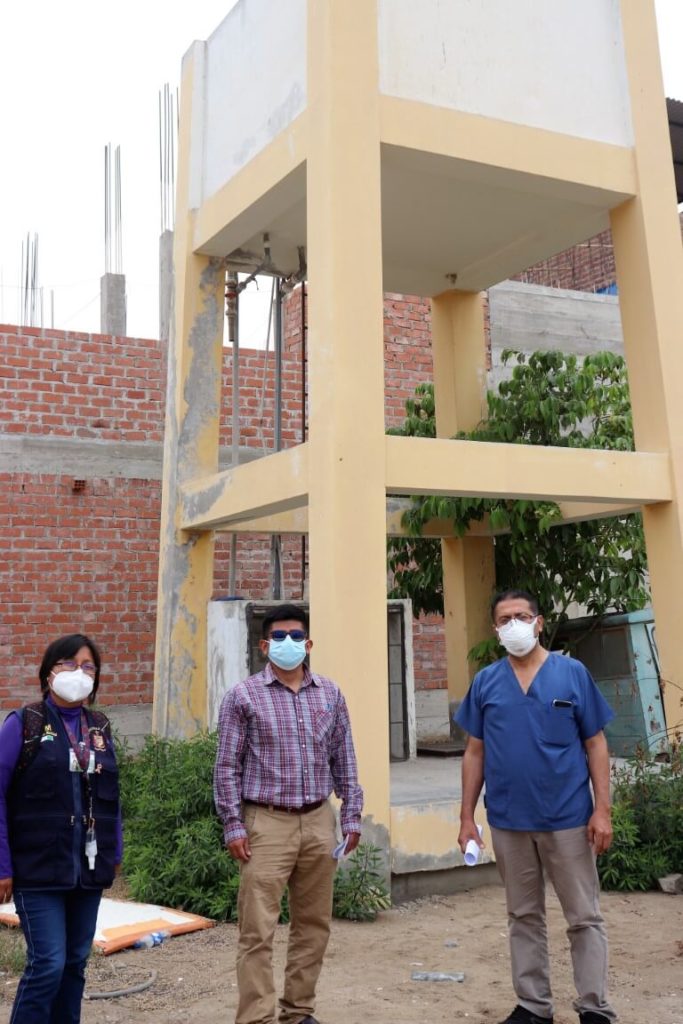
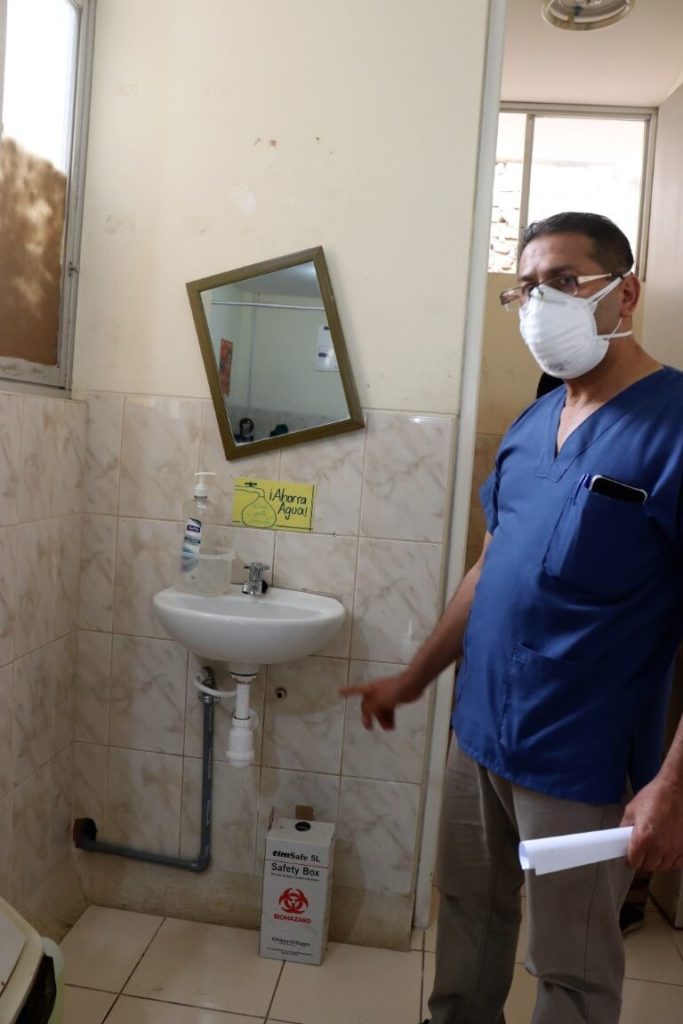
This joy is also shared by other health workers, such as nurse Dina Mujica Alfaro, head of the Health Promotion Area, who shares what was stated by the head doctor.
"The most important thing that I take away from this alliance is that now we have water in each of the environments (offices), we can demonstrate hand washing to all the people who visit the health center and provide very hygienic care. ".
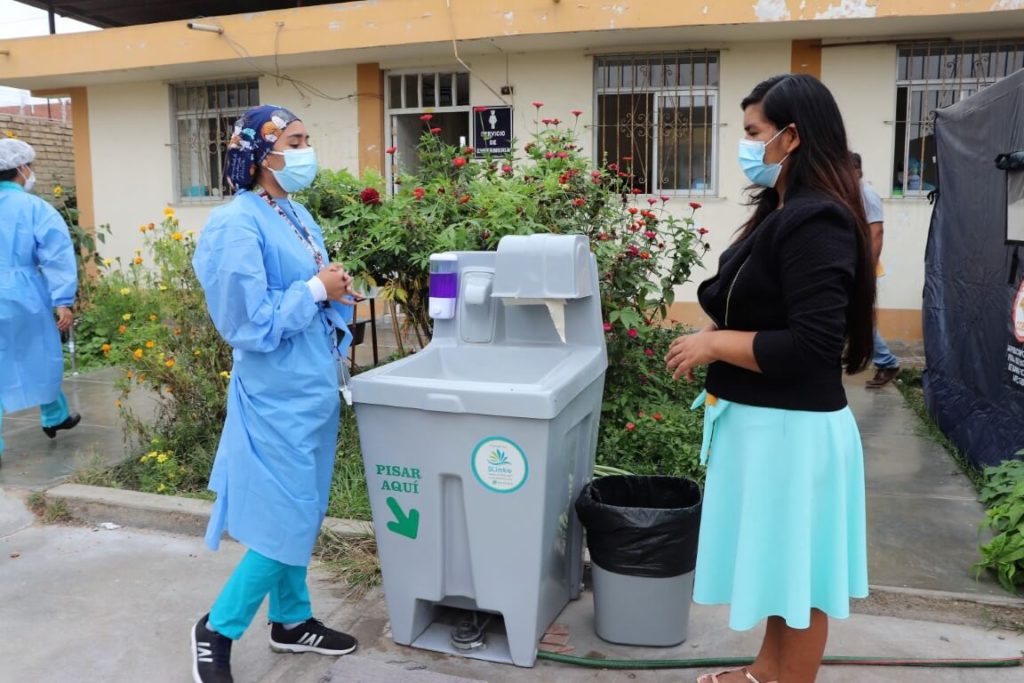
The project made it possible to improve sanitary conditions in each of the health center's offices: hygienic services, water connections and maintenance of the cistern and elevated tank.
Nurse Dina summarizes these improvements in five (5) aspects:
- Response to an urgent need demanded by health personnel and the user or patient.
- Increase in handwashing demonstration sessions. The report as of July was 500 educational sessions on handwashing for users from Reque city (90%) and users from other villages (10%).
- Scope and impact of teaching-learning about hand washing. The project was executed in Reque, Montegrande and Las Delicias and the improvement statistics in this behavior have increased.
- Impact on improving care. Having good water service is vital to providing adequate health care.
- User satisfaction. Many mothers are happy to have these trainings and some others are not used to this type of health demonstrations. Little by little they are understanding its importance.
Dina ends by saying:
"The pandemic is going to leave us a great legacy regarding barrier hygiene practices, one of them is hand washing."
